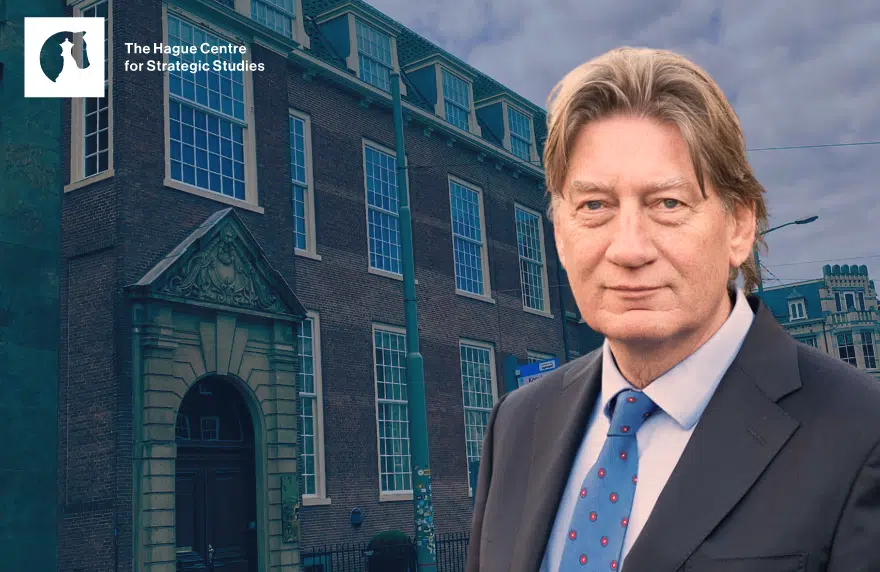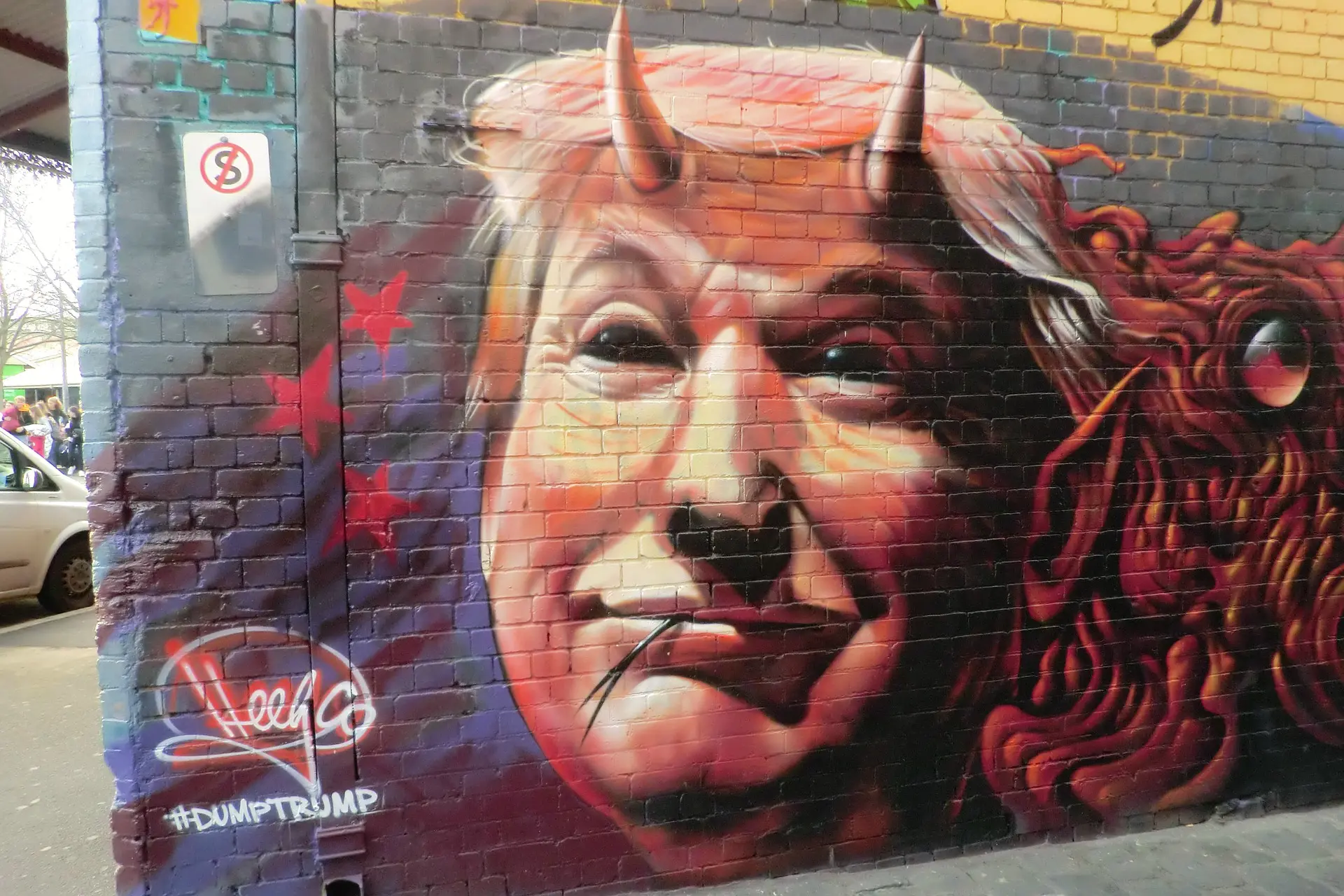’De poging om een multiculturele samenleving op te bouwen en naast elkaar te leven is mislukt, volkomen mislukt’’, constateerde bondskanselier Merkel. Duitsland dacht dat de gastarbeiders die in de jaren zestig naar het land kwamen weer weg zouden gaan. „Maar dat is niet de realiteit”, stelde Merkel. De oplossing is volgens de bondskanselier simpel: Duits leren.
Haar mening is in Europa inmiddels gemeengoed geworden. Kijk naar Nederland. In vrijwel alle verkiezingsprogramma’s wordt gesteld dat taal essentieel is om mee te doen. En volgens het regeerakkoord moeten nieuwelingen ook werken en onderwijs volgen, want ’kwalificatie is de sleutel tot succesvolle participatie en integratie’. Wie kan het met al deze constateringen niet eens zijn?
Maar zo langzamerhand begin ik mij af te vragen wat voor beeld politici van integratie hebben. De PVV vindt dat immigranten een assimilatiecontract moeten tekenen. Als ze dat contract niet naleven, moeten zij het land verlaten. Assimilatie is iets anders dan integratie. Integratie betekent dat verschillende bevolkingsgroepen in staat zijn om duurzaam samen te leven. Bij assimilatie moet de eigen culturele identiteit worden opgegeven. Kortom, wie niet wordt zoals wij, moet van de PVV verdwijnen.
Als ik dit soort discussies volg moet ik aan het oude Syrische Aleppo denken. Sinds honderden jaren leven daar de moslims en de christenen vreedzaam naast elkaar in aparte wijken. Iets dergelijks zien we zelfs in Nederland. De Chinese buurt van Amsterdam bestaat al sinds 1910. Van echte integratie is na al die tijd geen sprake, laat staan van assimilatie.
Ik schrijf dit stukje in Frankrijk. Vanavond gaan we een apéro bij de buren drinken. We doen leuk mee, mogen de motorzaag lenen als er een boom over het pad ligt, maar echte Fransen willen we maar niet worden, ook al beginnen we de avond met pastis. We hebben er ook geen behoefte aan. Kennelijk zijn we inmiddels wel geïntegreerd, want we zijn in staat tot duurzaam samenleven, ook al snappen ze niets van die Hollanders.
Ik weet zeker dat het vanavond wel weer over de Roma zal gaan. Die veroorzaken volgens onze buren overlast en worden door hun president terecht het land uitgewerkt. Kennelijk zijn Roma nog enger dan Nederlanders, vermoedelijk omdat ze er zo raar uitzien. De reden waarom wij door onze Franse buren worden geaccepteerd, is omdat onze culturele verschillen overbrugbaar zijn. Dat zijn ze met niet-westerse allochtonen meestal niet.
Het integratiedebat dat in heel Europa een nieuwe fase ingaat, is daarom gedoemd te mislukken. Taal, werk en onderwijs zijn onvoldoende om de kloof te dichten. Wij-zij-gevoelens zullen daarom nooit verdwijnen. En niet-westerse allochtonen blijven altijd vreemden in eigen land.
Daarom zullen uit deze groepen in heel Europa parallelle samenlevingen ontstaan. Dit zijn eilanden van vreemde cultuur, met eigen winkels, sociale en culturele voorzieningen, mogelijk met een eigen bancair systeem en eigen ordehandhaving. Die parallelle samenlevingen zullen door autochtone burgers worden geaccepteerd, mits het geen broeinesten van antiwesterse haat en criminaliteit worden.
Als de Aleppo-isering toeslaat, zal Europa pas echt onherkenbaar veranderen.
Trouw





